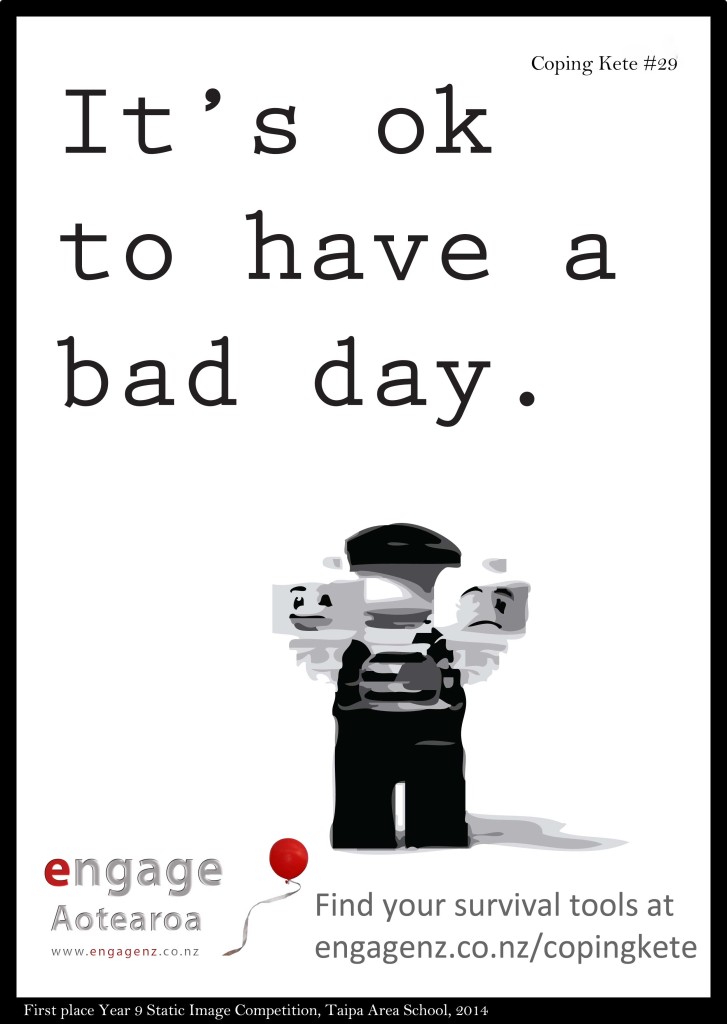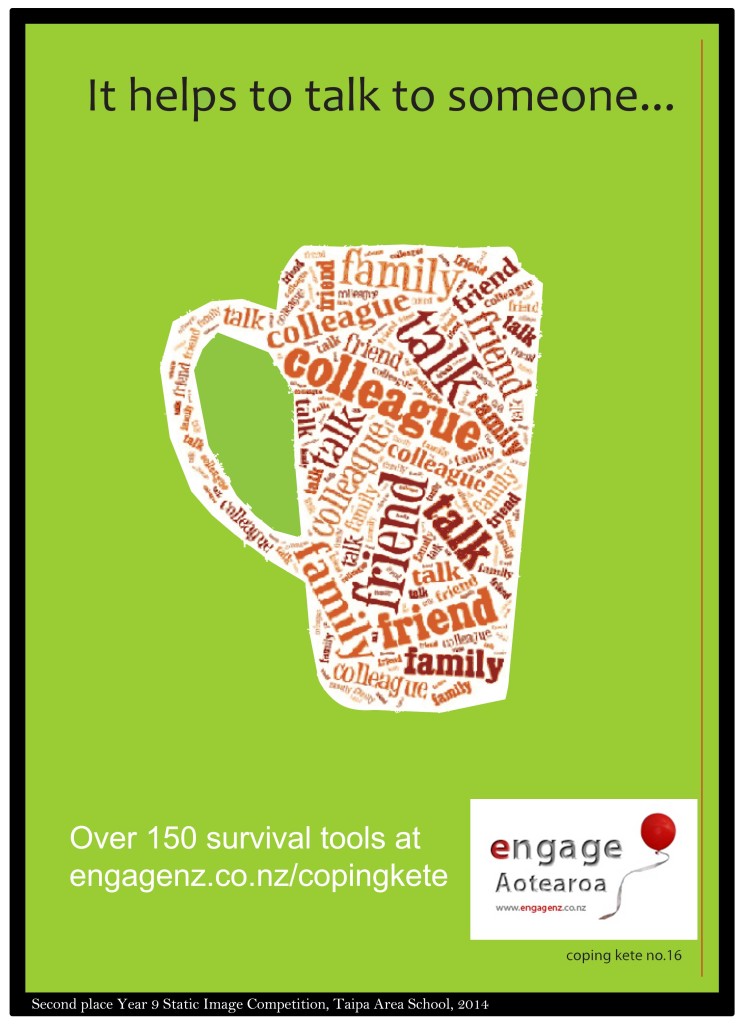MEDIA RELEASE – UNIVERSITY OF LIVERPOOL – 18.02.2014
A survey of 1829 New Zealanders prescribed antidepressants, the largest sample ever surveyed, has found high rates of emotional and interpersonal adverse effects. The abstract of the paper, just published online in Psychiatry Research, follows:
Background: In the context of rapidly increasing antidepressant use internationally, and recent reviews raising concerns about efficacy and adverse effects, this study aimed to survey the lived experience of the largest sample of AD recipients to date.
Methods: An online questionnaire about experiences with, and beliefs about, antidepressants was completed by 1829 adults who had been prescribed antidepressants in the last five years.
Results: Eight of the 20 adverse effects studied were reported by over half the participants; most frequently Sexual Difficulties (62%) and Feeling Emotionally Numb (60%). Percentages for other effects included: Feeling Not Like Myself – 52%, Reduction In Positive Feelings – 42%, Caring Less About Others – 39%, Suicidality – 39% and Withdrawal Effects – 55%. Total Adverse Effect scores were related to younger age, lower education and income, and type of antidepressant, but not to level of depression prior to taking antidepressants.
Conclusions: The adverse effects of antidepressants may be more frequent than previously reported, and include emotional and interpersonal effects. Lead researcher, Professor John Read (Institute of Psychology, Health and Society; University of Liverpool) comments: “The medicalization of sadness and distress has reached bizarre levels. One in ten people in some countries are now prescribed antidepressants each year.”
“While the biological side effects of antidepressants, such as weight gain and nausea, are well documented, the psychological and interpersonal effects have been largely ignored or denied. They appear to be alarmingly common.”
“Effects such as feeling emotionally numb and caring less about other people are of major concern. Our study also found that people are not being told about these effects when prescribed the drugs.”
“Our finding that over a third of respondents reported suicidality ‘as a result of taking the antidepressants’ suggests that earlier studies may have underestimated the problem.”
Over half (55%) of young people (18-25years) reported suicidality.
“Our sample was not biased towards people with an axe to grind about anti-depressants; 82% reported that the drugs had helped alleviate their depression.”
readj@liv.ac.uk
Read, J., Cartwright, C., Gibson, K. (2014). Adverse emotional and interpersonal effects reported by 1,829 New Zealanders while taking antidepressants. Psychiatry Research
http://dx.doi.org/10.1016/j.psychres.2014.01.042








